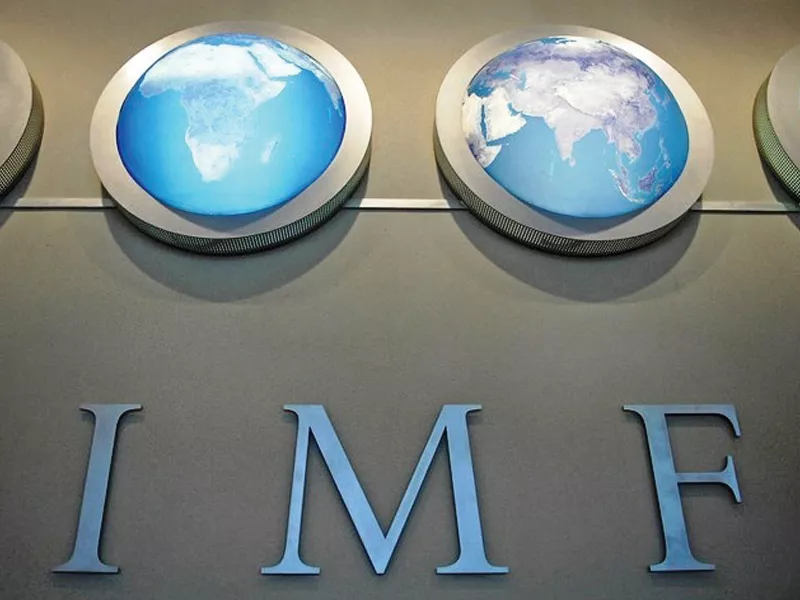IMF predicts worst Mideast downturn in half century
Lowers economic forecast over twin shock of coronavirus and plunging oil prices
DUBAI:The International Monetary Fund (IMF) has once again sharply lowered its Middle East and North Africa economic forecast, to its lowest level in 50 years, over the “twin shock” of the coronavirus pandemic and low oil prices.
The region’s economy will contract by 5.7% this year, and shrink by as much as 13% in countries torn by conflict, the Washington-based IMF warned.
The economic malaise will see poverty and unemployment rise, stoking social unrest, and send budget deficits and public debt surging, it said.
In its regional economic outlook update, the IMF projected the economies of the Middle East and North Africa to contract by 5.7% this year, 2.4 percentage points lower than its April forecast.
The projection is the lowest in over 50 years, according to the World Bank data, and comes after the region posted modest growth last year.
The battered energy-based economies of the Gulf Cooperation Council (GCC) states are forecast to shrink by a hefty 7.1%, 4.4 percentage points lower than April.
“The region has been facing a crisis like no other - a twin shock that affected the normal functions of their economies during the confinement measures,” IMF Middle East and Central Asia Department Director Jihad Azour told AFP.
The region’s oil-exporting countries are expected to lose around $270 billion of energy revenues, “which is a big drop,” Azour said.
The IMF said that the region’s hardest-hit countries will be those that are “fragile and in conflict situations,” with their economies forecast to contract by as much as 13%.
GDP per capita in those unstable countries is expected to plummet from $2,900 in 2018-2019 to just $2,000 this year.
“This is a dramatic downturn that will aggravate existing economic and humanitarian challenges and raise already high poverty levels,” the report said.
“Social unrest could be rekindled as lockdown measures are lifted.”
Azour warned that job losses, together with worsening poverty and inequality, could create stability challenges for governments in the region.
“(Job losses) will come on top of an already high level of unemployment, especially at youth level,” he added.
The IMF said that large and growing deficits are expected to push public debt levels to 95% of GDP among Middle East oil importers by the end of this year.
Debt levels are forecast to grow rapidly in Sudan to 258% of GDP, in Lebanon to 183% and in Egypt over 90%, it said.
“We are in an odd situation where the level of uncertainty is still high; uncertainty about the capacity to control the pandemic and its expansion, uncertainty about the recovery itself, and also uncertainty about the oil prices,” Azour said.
Published in The Express Tribune, July 14th, 2020.
Like Business on Facebook, follow @TribuneBiz on Twitter to stay informed and join in the conversation.


COMMENTS
Comments are moderated and generally will be posted if they are on-topic and not abusive.
For more information, please see our Comments FAQ